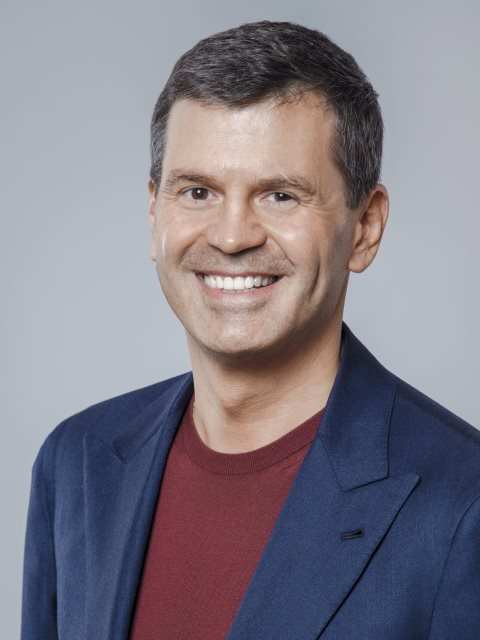AI in Higher Education: A Breakthrough or Degradation?
The main opportunities provided by universities are knowledge increments and a dialogue with the people who possess such knowledge. What needs to be done in a situation where young people focus on social media, and teachers cannot keep up with advancements in technology? The development of generative AI solutions acutely raises the question of whether there are professions in which algorithmic work not only plays a prominent role, but there is also a creative component (programming, document management, design, journalism, law, and others). The use of AI no longer requires knowledge of algorithms and programming skills, although such knowledge has still not penetrated the humanities areas of universities at a high level. The inability to stop progress poses a number of challenges for us: we need to ensure the rapid development and use of new technologies, establish technological sovereignty, and always have the ability to control the quality of results obtained through AI. A decrease in the number of high school graduates who have the required level of mathematics is one of the most pressing issues in this era of digital challenges. How reliable are the results of knowledge synthesized by artificial intelligence, how soon will machines replace people, and who is responsible for such social development? Finally, what should we do if it turns out there is no AI? Is there any other mainstream that is ready for tomorrow?











